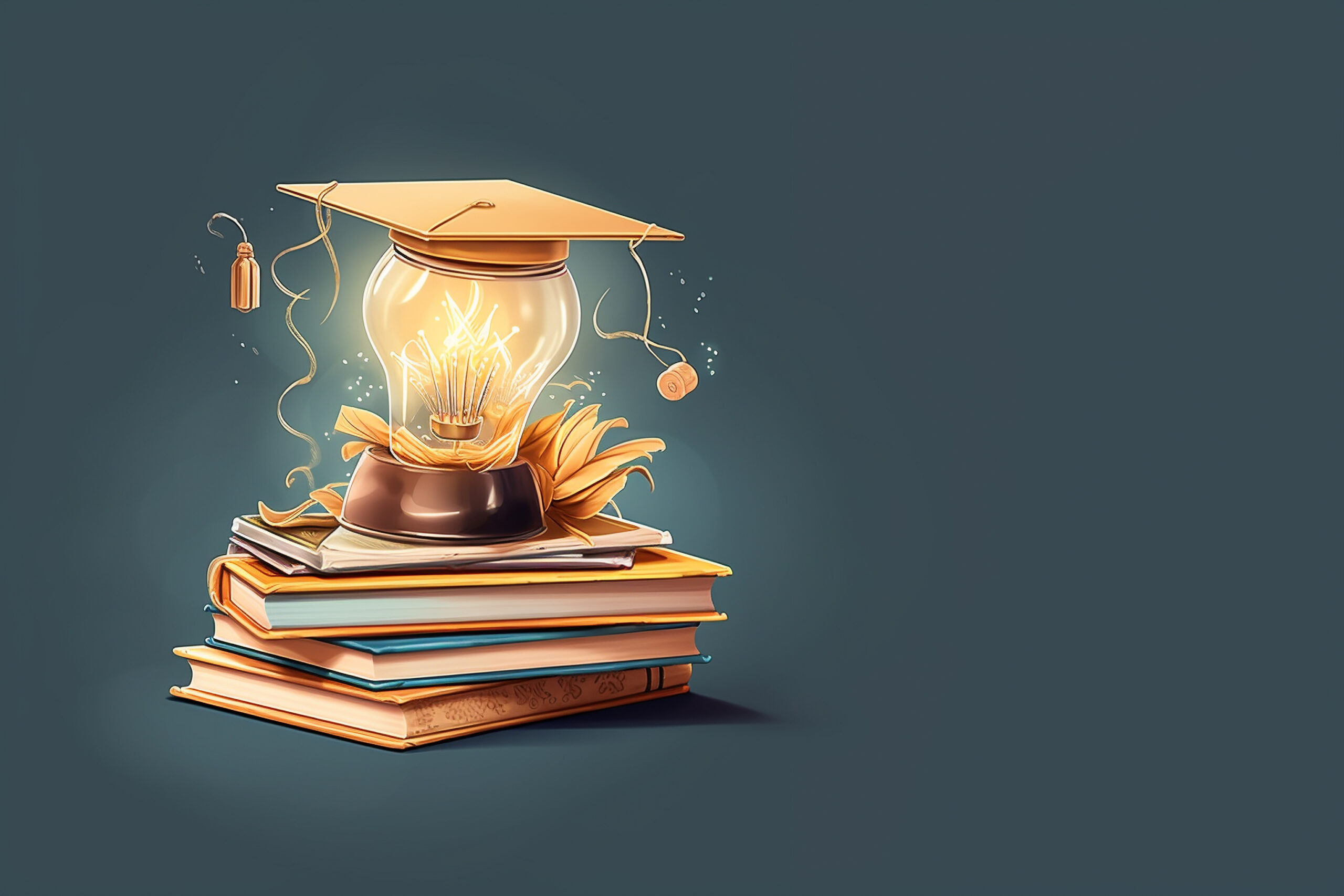Education is often seen as a series of milestones—graduating from school, earning a degree, landing that first job. But the true power of education lies not in these endpoints, but in its ability to ignite a lifelong journey of curiosity, growth, and discovery. As an educator, my mission is not just to prepare students for the next exam or assignment, but to equip them with the mindset and skills to continue their educational journey long after they’ve left the classroom.
Education as a Lifelong Journey
The world is constantly evolving, and the knowledge we acquire today may quickly become outdated tomorrow. That’s why it’s crucial for students to view education as a lifelong pursuit, rather than something that ends with the final bell. By fostering a love for learning and encouraging curiosity, we can help students see the value in exploring new ideas, asking questions, and seeking out knowledge on their own.
Beyond the Textbook: Encouraging Exploration and Curiosity
In my teaching practice, I strive to go beyond the textbook, incorporating real-world experiences and explorative learning into my lessons. Whether it’s through thematic art projects, hands-on activities, or discussions that challenge students to think critically, I encourage them to explore the world around them and make connections between their studies and their everyday lives. By doing so, I aim to show students that learning is not confined to the classroom—it’s something that happens all around us, all the time.
Empowering Students with Skills for the Future
One of the most important aspects of education is preparing students with the skills they need to succeed in the future—skills that go beyond memorizing facts and figures. Critical thinking, creativity, adaptability, and problem-solving are just a few of the competencies that students must develop to navigate an ever-changing world. In my classroom, I focus on cultivating these skills through collaborative projects, creative expression, and opportunities for students to take ownership of their learning.
The Role of Technology in Lifelong Learning
In today’s digital age, technology plays a vital role in continuing education beyond the classroom. I integrate digital tools and resources into my teaching to help students become comfortable with using technology to access information, collaborate with others, and explore new ideas. By developing digital literacy, students are better equipped to continue their educational journey independently, seeking out online courses, tutorials, and resources to further their knowledge and skills.
Creating a Culture of Lifelong Learning
Ultimately, the goal is to create a culture of lifelong learning—one where students feel empowered to continue their education beyond the confines of an institution. This involves not only teaching students how to learn but also instilling in them a sense of curiosity and a passion for discovery. It’s about helping them see that education is not just about passing exams or earning degrees, but about exploring the world, understanding themselves, and contributing to the greater good.
The Continued Journey
As educators, we have the incredible opportunity to shape the future by inspiring the next generation of lifelong learners. By preparing students to continue their educational journey beyond the classroom, we’re not just teaching them to succeed in school—we’re equipping them to thrive in life. Let’s continue to explore, create, and inspire, nurturing a love for learning that will carry our students through all the adventures that lie ahead.
And You?
How do you encourage lifelong learning in your classroom or at home? Share your strategies and experiences in the comments below—I’d love to hear how you’re helping students embark on their own educational journeys beyond the classroom!

